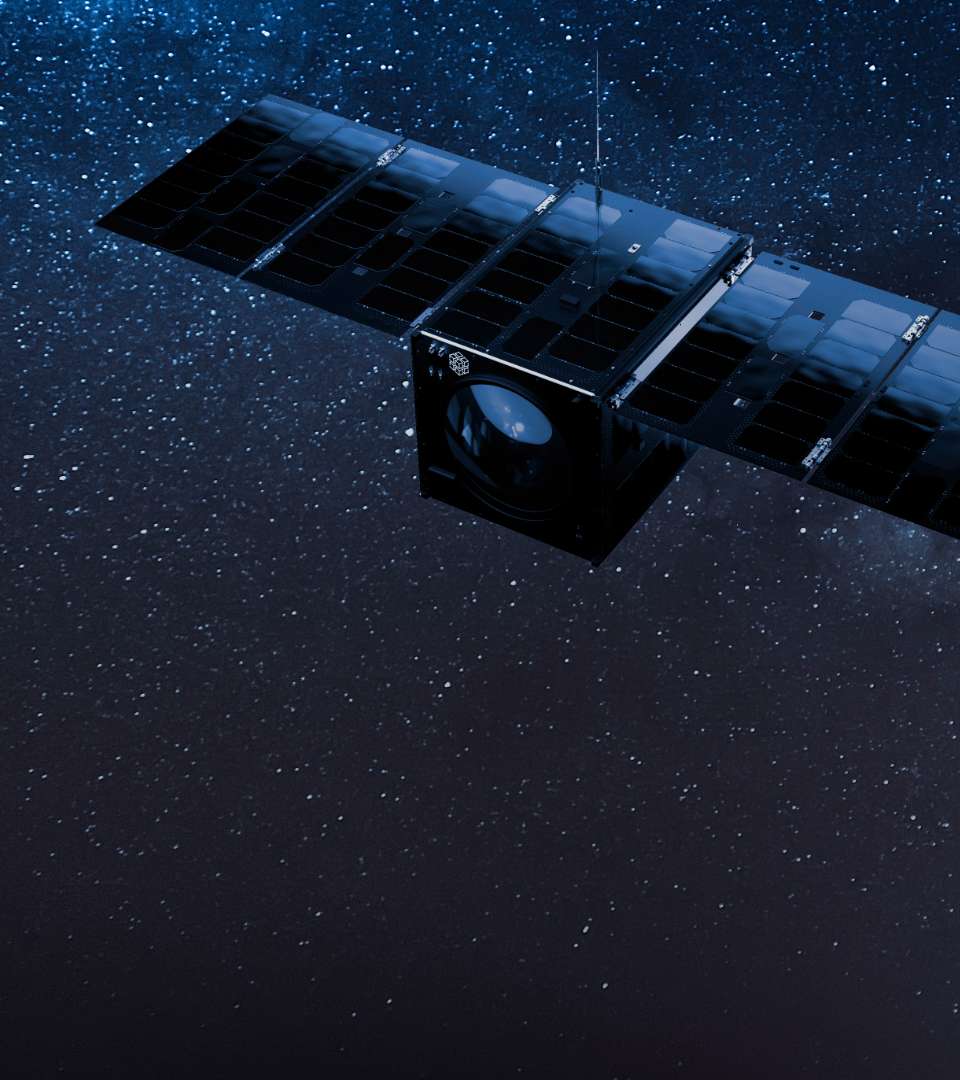As the world gets ‘smarter’, we’re demanding better coverage, speed and reliability from our networks. Satellite constellations have a critical role to play here in supporting terrestrial networks.
For example, the cost of laying fibre-optic cables makes many areas of the planet economically unviable for terrestrial networks – they are either too remote or the conditions are too inhospitable. In fact, terrestrial cellular networks provide coverage to only 25% of the Earth’s surface.
LEO satellite constellations, on the other hand, can cover the entire planet, from pole to pole. This is critical for delivering the global connectivity required to enable new societal and industrial paradigms, including the IoT, which has countless applications, from precision farming to industrial robotics, smart homes and driverless cars…



